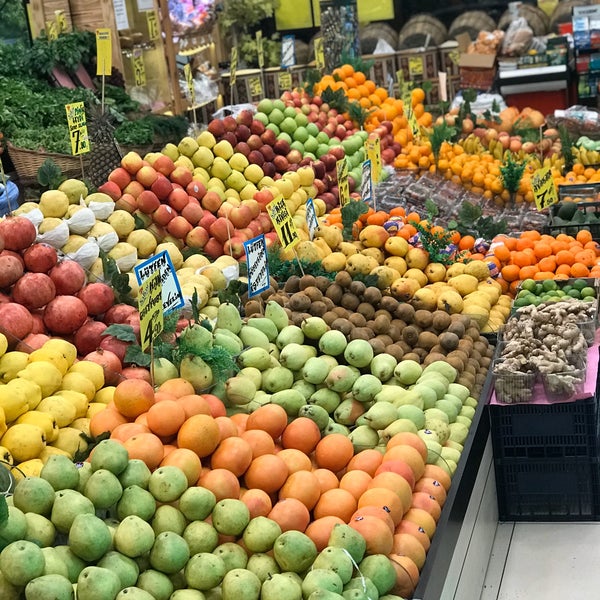Turkish food engineer Bülent Şık has reported the European Union’s rejection of several batches of lemons, mandaris and grapefruits from Turkey due to high levels of residues of chlorpyrifos, a molecule banned in the bloc.
Şık shared the relevant webpage of the Rapid Alert System for Food and Feed (RASFF), a stem for reporting food safety issues within the EU, documenting the rejection.
“Chlorpyrifos is very harmful in the children’s neural system and its use is banned in the EU. It is used in our country. Do you have anything to say?” Şık asked in a tweet, tagging the Turkish Agriculture Ministry.
Turkey is a major exporter of food products to the EU and made limited progress in food safety with recommendations only recently partially taken up.
The EU repeatedly highlights that Turkey needs to make further progress to meet the bloc’s standards, particularly on pesticide residues.
Chlorpyrifos is an inexpensive and effective pesticide that has been on the market since 1965.
Researchers published the first study linking chlorpyrifos to potential developmental harm in children in 2003. They found that higher levels of a chlorpyrifos metabolite – a substance produced when the body breaks down the pesticide – in umbilical cord blood were significantly associated with smaller infant birth weight and length.
Source: Duvar



